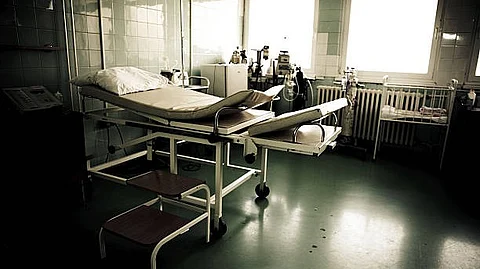Enactment of Right to Health Act:
The NGOs are pushing for the enactment of a 'Right to Health Act' to ensure that every citizen has access to quality healthcare. This would provide a legal framework for healthcare in the state and hold the government accountable for providing adequate healthcare services. NGOs are suggesting for the improvement of healthcare infrastructure, particularly in rural areas. This includes upgrading existing healthcare facilities, increasing the number of healthcare workers, and ensuring that healthcare services are accessible to all citizens.


